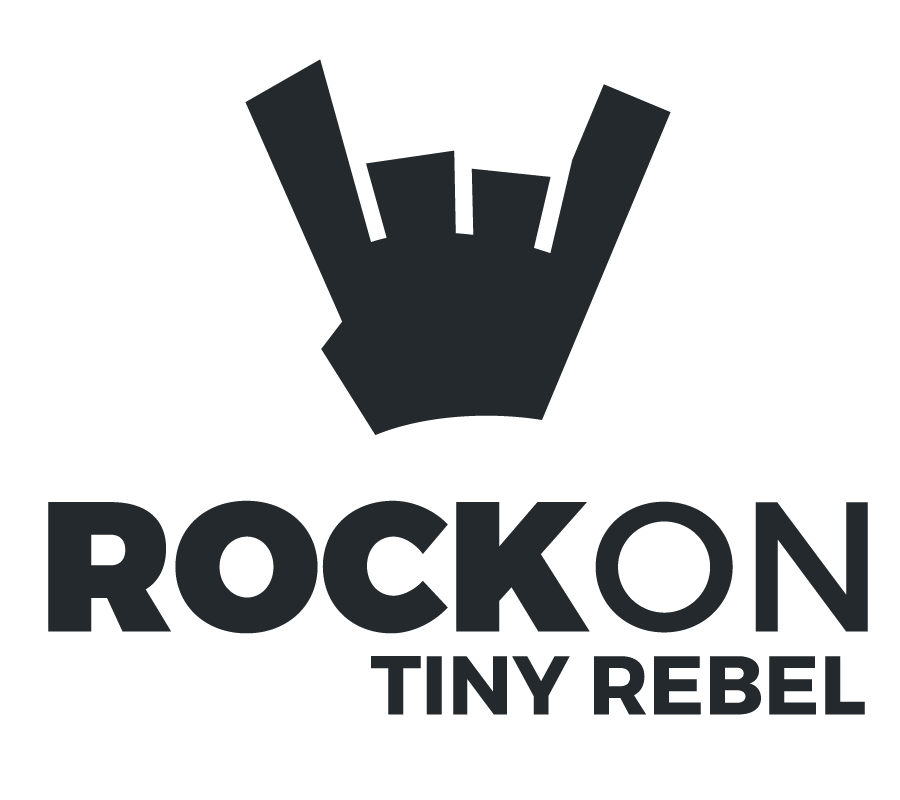2024W16: Lessons from a Third Podcast
My podcast team (Louis) and I wrapped Season 1 of Instructor Notes podcast just over a week ago. In retrospect, I can’t believe we pulled it off (8 episodes in 9 weeks). But we did, and now we take a breath and a break.
We’ve had a few debrief conversations to gather our lessons learned. Here are a few of mine…
At-bats really do matter, and so do systems.
I knew from the prior two podcasts that the brain work of planning this new podcast would make all the difference in the world. We set up systems for file and asset management, and knowing the 3-part format of each episode minimized the “debugging” of systems once we started using them. When we recorded various interviews, solo audio, and co-hosting sessions out of order, the systems helped keep everything in the correct place, most of the time. And the systems helped us diagnose where we needed to improve our communication and workflow, and kept us on track. The planning phase is often difficult for me because I see the system arise but can’t yet see the end product at all. This experience reminds me that good planning is worth the investment.
Setting expectations is important for every member of the team.
Obviously I’m referring to my co-producer / sound engineer / audio editor. But also, every co-host and guest was flattered to participate and also at least a little uncertain — especially the early guests, who may not have had a completed episode to listen to yet. Creating brief but informative invitations, scheduling an orientation call before each recording session, and writing thorough and easy-to-scan follow-up documents were all an investment in each team members’ comfort and confidence. And it all paid off in the ease and richness of each conversation.
People are everything.
We were SO LUCKY to have people on the podcast who wanted to be involved. Everyone was willing to push past their uncertainty and take the risk of being involved in something new to them. Without the co-hosts, guests, and voice mail callers, we would not have had a season! The people involved were everything. This is true for the podcast and it is true in life. People first.
Rich content has a longer shelf life than we think.
It still feels weird to promote my projects, since I’m usually very spontaneous and casual about my social media presence. But with so many people pitching in to create each episode, it felt like a part of the thank-you to tag each person and thank them for their contribution in that public way. I was late with some promotional posts, and I dropped a couple of platforms when they seemed like a drag to use. The good news is: I can keep promoting every episode — I can promote each episode multiple times! The episodes are that good! And so I will continue to promote each episode, multiple times.
Take action, then take the next action. Let your confidence grow to match the action.
Although Instructor Notes is my third podcast, it is my first non-hobby podcast and so was a tiny bit intimidating to me. I have a lot to learn to be a great podcast interviewer. But while I see many areas of improvement, I am also proud of this small body of work and feel more confident about doing additional seasons of the podcast. In fact, I’m riding the wave of confidence right on into video content! Whole new ballgame, super brand new to me, and super intimidated.
But we are doing it anyway.
Join us over on YouTube — subscribe to get a notification when we go live. :)




